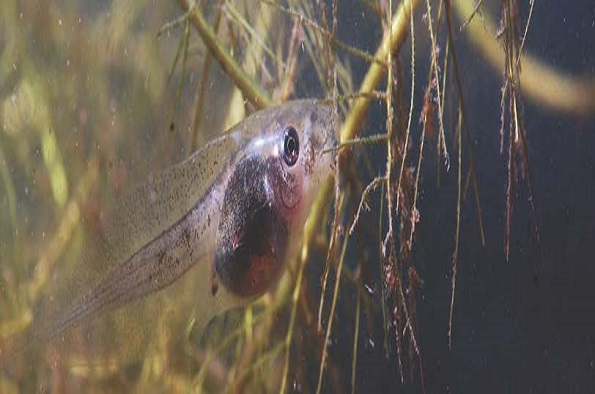
Costs, Conflicts and Evolutionary Consequences of Developmental Plasticity in Amphibians
- Stewart Plaistow
- Suitable for: Those with an interest in Behaviour, Evolution, Ecology and Microbiology
- Admission: Free
Add this event to my calendar
Click on "Create a calendar file" and your browser will download a .ics file for this event.
Microsoft Outlook: Download the file, double-click it to open it in Outlook, then click on "Save & Close" to save it to your calendar. If that doesn't work go into Outlook, click on the File tab, then on Open & Export, then Open Calendar. Select your .ics file then click on "Save & Close".
Google Calendar: download the file, then go into your calendar. On the left where it says "Other calendars" click on the arrow icon and then click on Import calendar. Click on Browse and select the .ics file, then click on Import.
Apple Calendar: The file may open automatically with an option to save it to your calendar. If not, download the file, then you can either drag it to Calendar or import the file by going to File >Import > Import and choosing the .ics file.
Selection in heterogeneous environments often favors the evolution of adaptive plasticity. However, natural systems are often quite complex, and organisms are exposed to multiple environmental stimuli simultaneously, which may hamper organisms’ ability to respond to some of them, or even elicit conflicting phenotypic responses. In addition, the maintenance and activation of plastic phenotypic responses could come at the expense of physiological costs which could be affecting how plastic responses evolve. We study phenotypic plasticity in larval amphibians to understand how tadpoles adjust their development and physiology in response to various changes in their environmental conditions, exploring the outcome of simultaneous exposure to different factors. We are also interested in exploring the evolutionary consequences of developmental plasticity for life history and genomic architecture of amphibian species.
